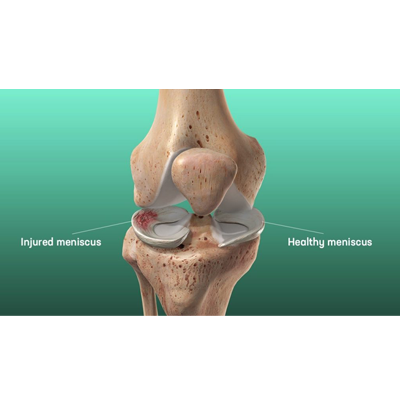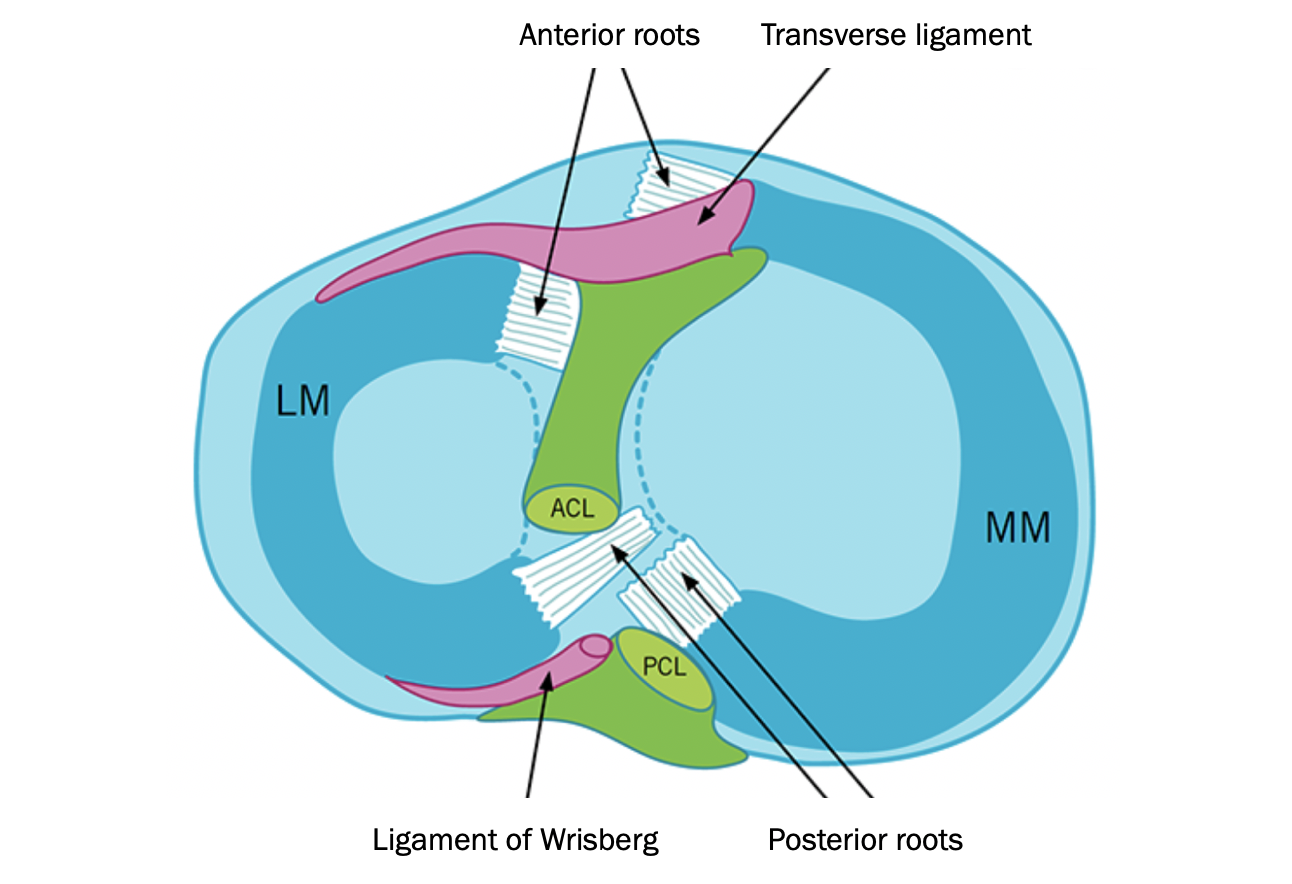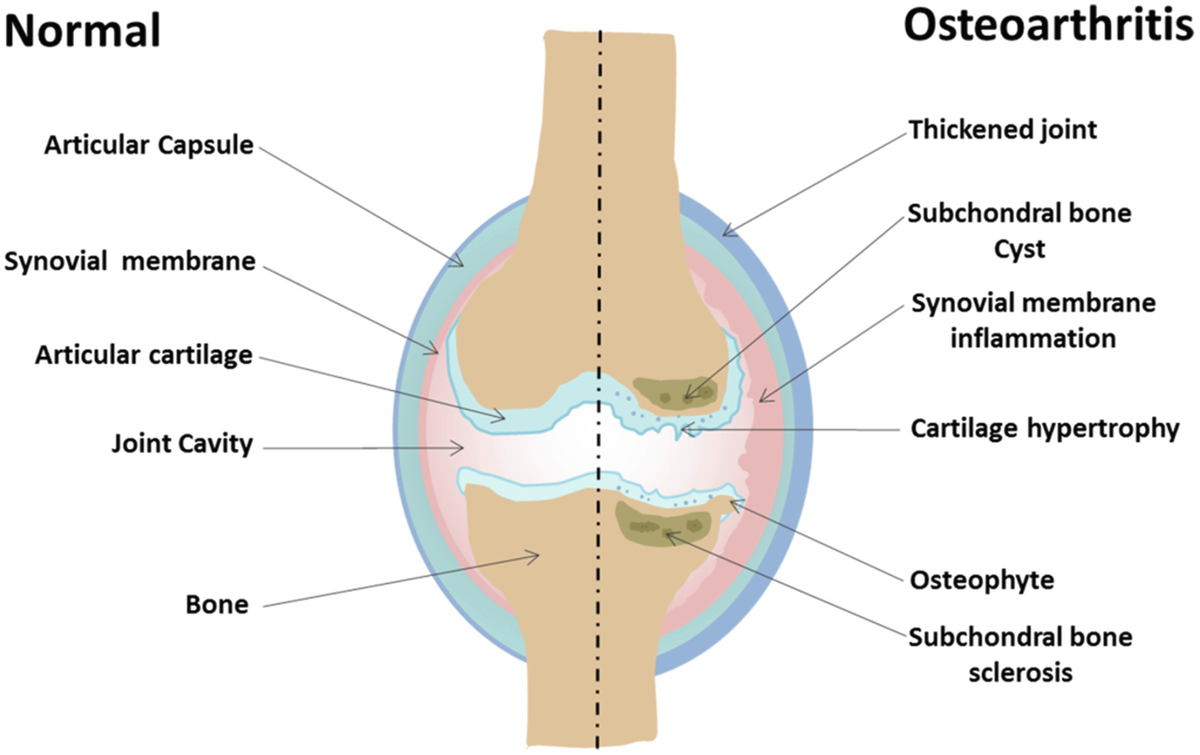Meniscus Injury/Tear

Meniscus injury-All you need to know
Menisci are thin fibrous cartilage between the surfaces of some joints. A pair of meniscus acts as shock absorbance that resides within our knees. These important structures within our knees are critical in preventing arthritis from developing in the early stage of our lives and help protect our knees as we get older.
However, it also often becomes a source of pain and misery. Sometimes getting out of the bed in the early morning or turning too quickly can cause the meniscus to become trapped between the two bones of the knee joint and may cause twisting injury. It’s a very painful event and the knee swells up. Unfortunately once a meniscus is torn, it can never heal itself as our body lacks this ability to heal a meniscus tear.
Causes of a Meniscus Injury
A meniscal tear tends to occur either suddenly from a specific injury or gradually due to wear and tear:
1) Injury
A meniscus injury commonly occurs in sport where the foot is fixed and the knee twisted,usually happens during sporting activities e.g. football, rugby and skiing.
Medial meniscus tears are more common than lateral meniscus tears and often the medial collateral ligament (MCL) is injured at the same time
2) Wear & Tear
Cartilage tends to become more brittle with age and everyday use of the knee can cause a meniscus injury. Often this affects the edges of the meniscus which get frayed and torn.
Symptoms may gradually build or they may be triggered by a particular event e.g. twisting the knee awkwardly. Meniscal tears are also a common feature of knee arthritis.
DIFFERENT TYPES OF MENISCUS TEAR

Vertical/Longitudinal Tear
This is when the tear is located along the length of the meniscus. It can be referred to as either a vertical tear or a longitudinal tear

Bucket Handle Tear
This is when the tear is located along the length of the meniscus. It can be referred to as either a vertical tear or a longitudinal tear

Transverse/Radial Tear
A transverse meniscus tear (also known as a radial tear) starts at the outer edge of the cartilage and comes inwards

Degenerative Changes
This is where the cartilage wears away losing its smooth surface becoming brittle and thin. It is usually associated with aging
Can meniscus heal without surgery?
For a specific patient, the answer to “can a meniscus tear heal itself?” will be determined by a combination of these factors:
- Age
- Activity level
- Size of the tear
- Location of the tear
- Pattern of the tear (horizontal, radial, etc.)
- Overall health status
If the tear is located on the outer part of the meniscus, there is a chance that it may heal well on its own. However, if the tear is on the inner two-thirds – where blood supply is limited – it will most likely require surgery.
A patient’s activity level will also play a large role in determining whether they are able to recover from a meniscus tear without surgery. Typically, the more active an individual is, the more likely they are to need surgery in order to return to their normal activities and a pain-free lifestyle.
Signs and symptoms
The symptoms of a meniscus tear include:
- Pain & Swelling in the knee
- Popping sensation during injury
- Difficulty in bending and straightening of the leg
- The tendency for your knee to get lock-up or stuck
At first, you might not feel severe pain and might even play instead of having the injury. But your knee will probably hurt quite a bit once the inflammation sets in. Through a simple and short process, we can fix the tear and allow you to go back to a pain-free life. Don’t be too late.

